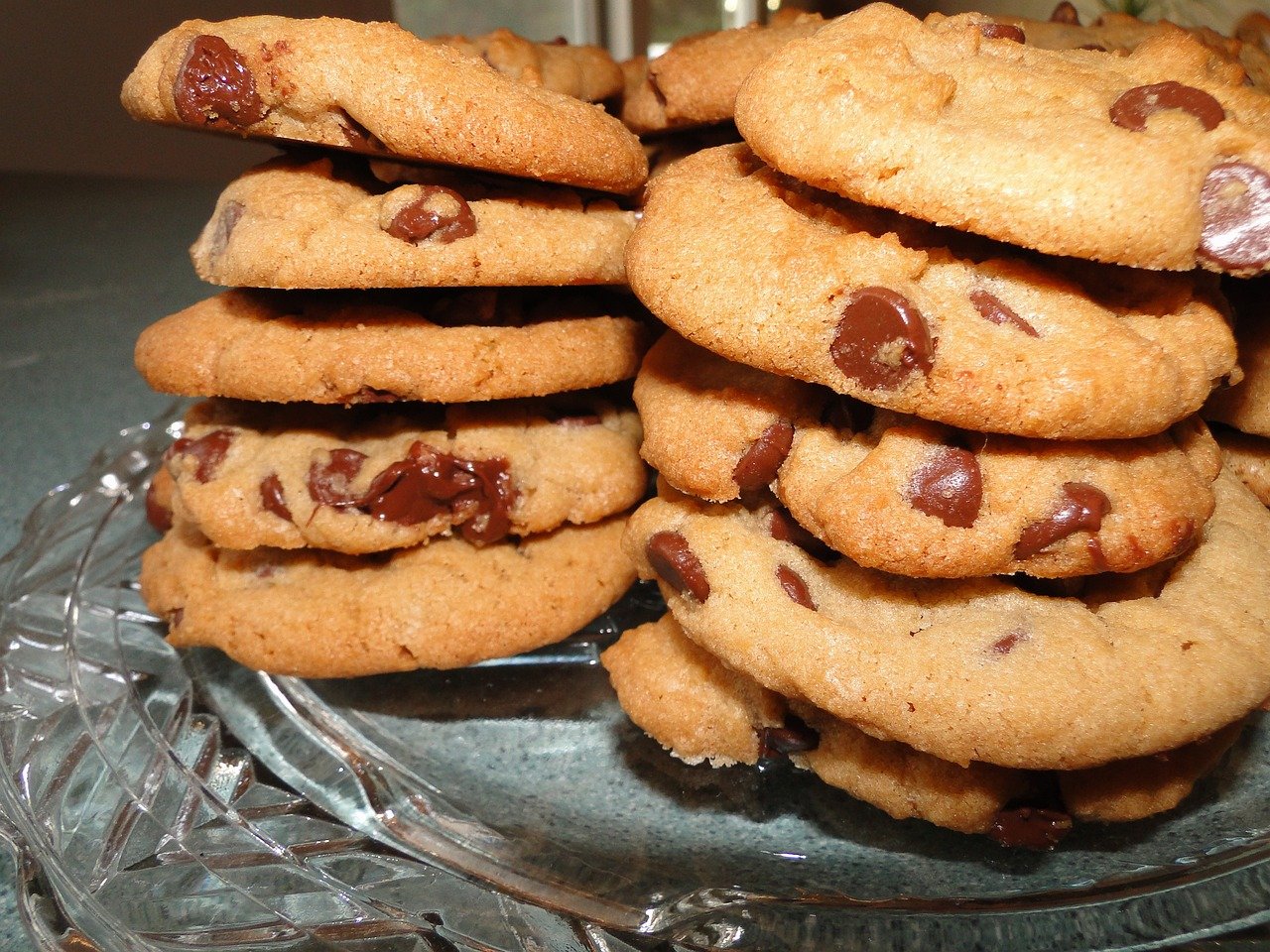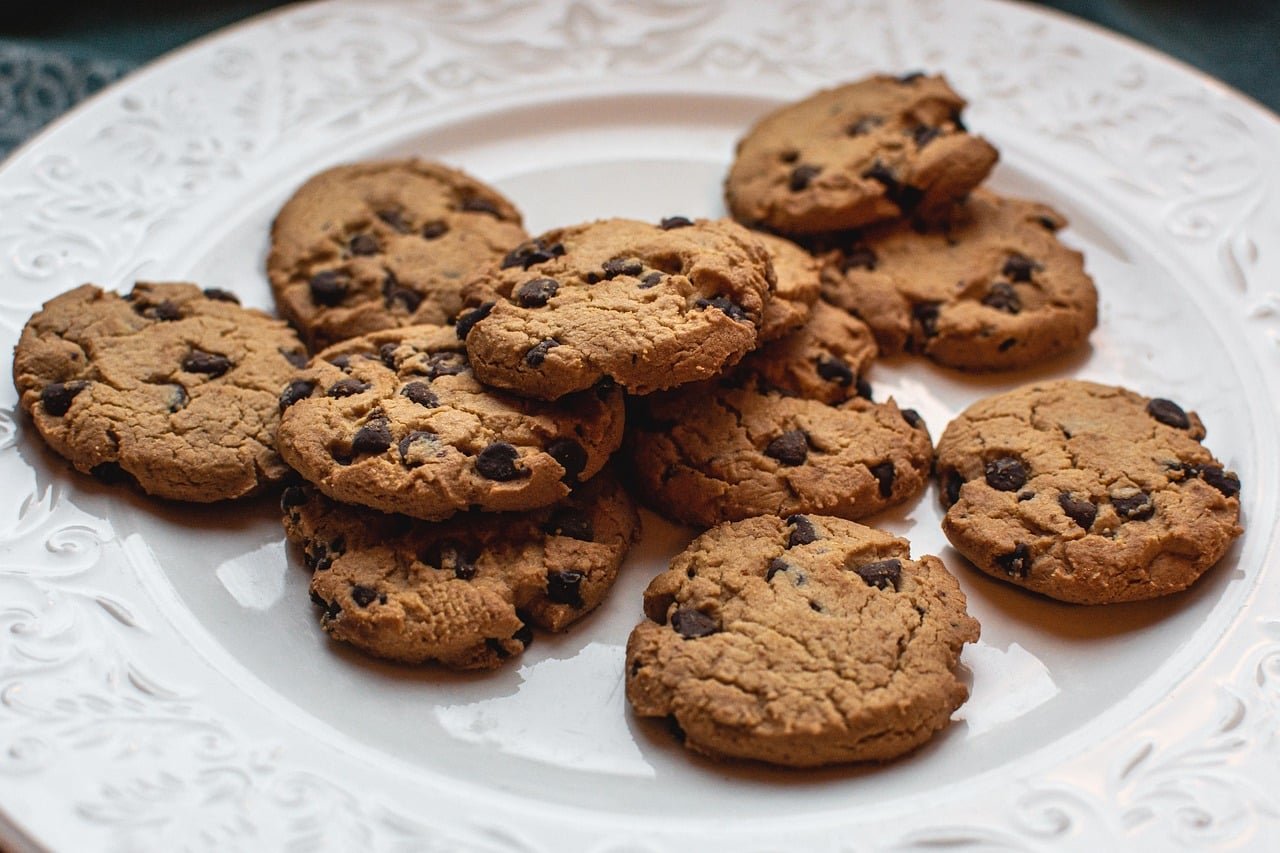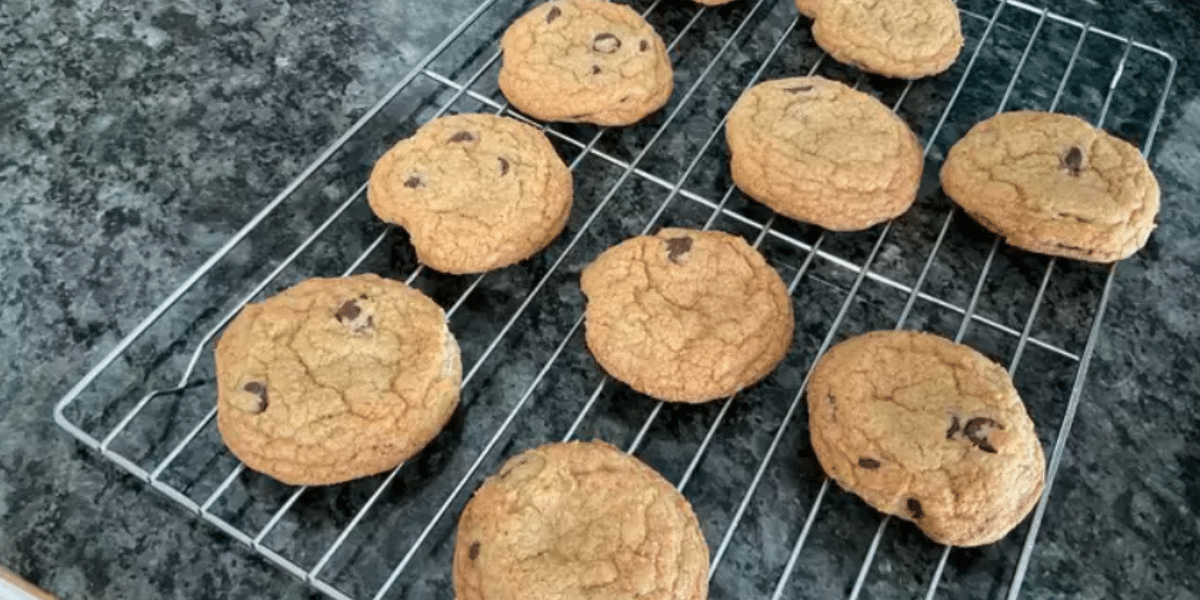In the realm of baking, ingredient selection holds immense significance, dictating the success or failure of your recipe. Many baking enthusiasts ponder over a common query: Is brown sugar necessary for baking cookies? This article aims to dissect the role of brown sugar in cookie recipes, shedding light on its influence on taste, texture, and the underlying scientific principles governing sugar choices.
When contemplating the necessity of brown sugar in cookie baking, it’s crucial to understand its multifaceted impact. Brown sugar contributes not only to the sweetness of cookies but also to their moisture content and texture. Its molasses content infuses cookies with a subtle caramel-like flavor, distinguishing them from those made with white sugar alone.
Moreover, brown sugar plays a pivotal role in achieving the desired chewiness and softness in cookies. The moisture retained by brown sugar during the baking process keeps cookies tender and moist, enhancing their overall palatability. In contrast, omitting brown sugar may result in cookies that are drier and lack the desirable chewy texture characteristic of traditional recipes.
Understanding the science behind sugar choices is key to appreciating the necessity of brown sugar in baking cookies. The molasses present in brown sugar not only adds flavor but also contributes to the Maillard reaction during baking, imparting a rich golden-brown color and enhancing the complexity of taste.
In conclusion, while it may be tempting to overlook the role of brown sugar in cookie recipes, its significance cannot be overstated. Brown sugar serves as more than just a sweetener; it acts as a flavor enhancer and texture modifier, elevating the quality of baked goods. Therefore, while it may not be an absolute necessity, incorporating brown sugar into cookie recipes undoubtedly enhances their taste, texture, and overall appeal.
2.The Essential Role of Brown Sugar in Cookie Baking”

Sugar isn’t solely about sweetness. In fact, it’s a scientific component in the baking process:
- Building Block of Dough: Firstly, sugar is the basic building block of dough. It interacts with other ingredients, determining the dough’s consistency and its behavior under heat.
- Establishing pH: Secondly, the pH level of your dough can profoundly impact the final product. Sugar assists in establishing the overall pH, which subsequently affects the browning and flavor of the cookie.
- Interference with Processes: Additionally, sugar plays a role in gluten formation, protein coagulation, and starch gelatinization. These processes, in turn, determine the texture of the cookie, from its crunchiness to its chewiness.
3. Brown Sugar vs. White Sugar: Which is Better for Cookies?
Understanding the differences between white and brown sugar can have a significant impact on your baking:
- White Granulated Sugar:
- Initially, it’s the purest form of sugar, being almost 100% sucrose.
- Its neutral flavor profile ensures it doesn’t overshadow other ingredients.
- When baked, it can caramelize, imparting cookies with a delightful golden hue and a slightly crisp texture.
- Light Brown Sugar:
- Conversely, it’s white sugar with a touch of molasses. This addition bestows it with a moist texture and a caramel-like flavor.
- The molasses content means it has a slightly acidic pH, which can react with baking soda in recipes, influencing the rise and texture of the cookie.
Choosing the right sugar for your recipe can indeed make all the difference.
4. How Sugars Behave in Dough
The behavior of sugar in dough is a blend of science and art:
- Acidic Brown Sugar: When combined with baking soda, it produces carbon dioxide, leading to cookies that are thick, puffy, and soft. This reaction is why some cookies have a cake-like texture.
- Neutral White Sugar: Without the acidic component, cookies made with white sugar are often thin, dense, and crisp. They possess a delightful crunch that many cookie enthusiasts cherish.
- Creaming Butter with Sugar: This process is vital for introducing air into the dough. The type of sugar used can influence how well the dough is aerated. White sugar, being drier, often results in fluffier dough, while brown sugar, being moister, can produce denser dough.
5. Real-Life Examples: Baking Different Cookies with Different Sugars
The type of sugar you choose can lead to vastly different results:
- Sugar Cookies: A classic favorite, these cookies spread less with white sugar, leading to a firmer texture. On the other hand, using brown sugar can give them a slightly chewy texture, with a hint of caramel flavor.
- Oatmeal Cookies: The choice of sugar can drastically change the texture. For instance, brown sugar makes them chewy and moist, while white sugar can render them delightfully crisp.
- Gingersnaps: A spicy treat, the choice of sugar can either balance or enhance the ginger’s kick. Brown sugar adds a depth of flavor, whereas white sugar accentuates the spice.
6. FAQs
What role does brown sugar play in baking cookies?
Brown sugar plays a multifaceted role in the creation of cookies, contributing significantly to their flavor, texture, and moisture content. With its distinct properties, brown sugar infuses cookies with a rich, caramel-like taste that adds depth and complexity to every bite. Beyond flavor, brown sugar also works wonders for the texture of cookies, helping to create a soft, chewy consistency that is often sought after in classic cookie recipes. Moreover, its natural moisture content contributes to the overall tenderness and moistness of the cookies, enhancing their palatability and making them a favorite treat for many. In essence, the inclusion of brown sugar in cookie recipes goes beyond mere sweetness, elevating the sensory experience and ensuring that each bite is a delightful indulgence.
Can I substitute brown sugar with white sugar in cookie recipes?
While white sugar can be used as a substitute, it will result in cookies with a different flavor and texture. Brown sugar adds depth and moisture that white sugar lacks.
Are there alternatives to brown sugar for baking cookies?
Yes, alternatives like honey, maple syrup, or coconut sugar can be used, but they may impart different flavors and textures to the cookies.
What happens if I omit brown sugar from my cookie recipe?
Omitting brown sugar may lead to cookies that are drier, less flavorful, and lack the desired chewiness associated with traditional recipes.
Does the type of brown sugar matter in cookie baking?
The type of brown sugar used can affect the flavor and texture of cookies. Dark brown sugar has a stronger molasses flavor and results in moister, chewier cookies compared to light brown sugar.
Can I reduce the amount of brown sugar in my cookie recipe?
Certainly! You have the flexibility to modify the quantity of brown sugar according to your taste preferences, allowing you to customize the sweetness level of your cookies. However, it’s important to note that adjusting the amount of brown sugar can have repercussions on both the texture and flavor profiles of the cookies. Increasing the brown sugar content can lead to cookies that are denser, moister, and chewier, with a richer caramel flavor permeating each bite. On the other hand, reducing the amount of brown sugar may result in cookies that are lighter, crisper, and less sweet, potentially altering the overall taste experience. Therefore, while you have the freedom to tweak the brown sugar levels in your cookie recipes, it’s advisable to do so cautiously, considering the desired outcome and how it might impact the final product..
7. Tips for Experimenting with Sugar in Cookie Recipes

In the realm of baking, the process embodies both artistic expression and scientific precision. When contemplating the role of sugar in cookie recipes, it’s essential to consider a few key points:
Understanding the Role: Before making any substitutions, take a moment to grasp the purpose of sugar in your particular recipe. Does it contribute to sweetness, texture, or perhaps both aspects of the cookie?
Starting Small: Rather than making drastic changes, begin your experimentation with sugar substitutions by replacing only a portion of the sugar called for in the recipe. This allows you to observe how the cookie’s characteristics are affected by the alteration.
Emphasizing Balance: Baking is an endeavor marked by the pursuit of balance. While it’s certainly enjoyable to explore new flavor profiles and textures, always strive for a harmonious blend that ensures your cookies are both delightful in taste and pleasing in texture.
In essence, as you embark on your baking journey, remember that the role of sugar in cookie recipes is multifaceted. By comprehending its function and approaching substitutions with care and curiosity, you can craft cookies that reflect your culinary vision while maintaining a delightful balance of flavors and textures.
8. Conclusion
In concluding thoughts, it’s evident that a deeper understanding of ingredients, particularly sugar, can significantly enhance your baking experiences. Whether you prefer the nuanced sweetness of brown sugar or the simplicity of white sugar, delving into their intricacies empowers you to navigate recipes with confidence and creativity. By comprehending how sugars contribute to flavor, texture, and overall baking outcomes, you can tailor your cookie creations to suit your taste preferences and desired outcomes. So, the next time you embark on a baking adventure, remember that knowledge of ingredients, including sugar, is key to unlocking delicious and satisfying results in your homemade treats. For those looking for alternatives to brown sugar in their chocolate chip cookies, this article provides some great insights.

